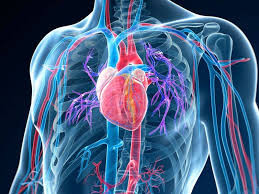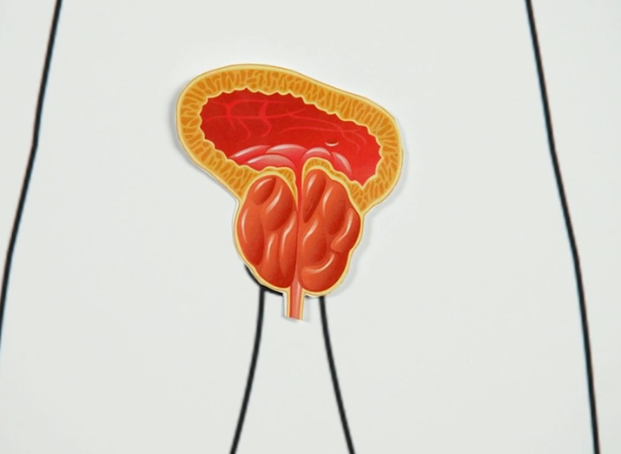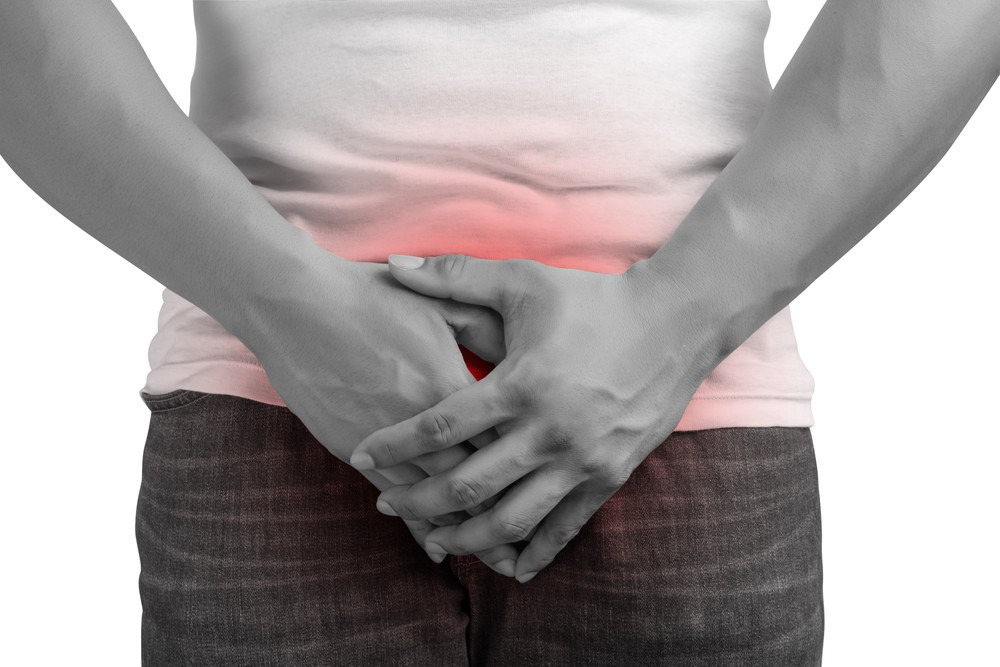There's increasing evidence to suggest that the "one size fits all" approach to weight loss doesn't work.
In fact, new research suggests that getting your stool tested and your gut bacteria counted could predict whether or not a particular diet will work for you.
A study published in the International Journal of Obesity, found that the increasingly popular fibre-rich "New Nordic Diet" might not work for everyone.
In an experiment a group of 62 overweight participants were randomly assigned to follow either the New Nordic Diet or the "Average Danish Diet" for 26 weeks, with their weight and body measurements taken before and after.
The eating plans vary significantly. The former is the more fibre-rich option and places greater emphasis on wholefoods such as vegetables, grains, and fruits. Their stools were also tested to divide participants into two different gut bacteria groups, one with a higher ratio of Prevotella bacteria found in their intestines to Bacteroides species, and the other half with a low ratio. Both types of bacteria are naturally found in the human digestive system.
After the initial 26-week period, all participants followed the New Nordic Diet for another year. The results showed that those in the higher ratio group — with more Prevotella bacteria — lost 3.15 kilos more body fat when they followed the New Nordic Diet compared to the Average Danish Diet. Their waistlines also decreased more significantly, and the weight loss was maintained after following the diet for one year.
However, for participants in the low ratio group, the type of diet they followed had no influence on how much weight they lost.
Mads Hjorth of the department of nutrition, exercise and sports at the University of Copenhagen in Denmark said in a statement: "People with a high Prevotella/Bacteroides ratio were more susceptible to body fat loss on a diet rich in fibre and wholegrain compared to an average Danish diet."
"The health promoting aspects of the New Nordic Diet in terms of body weight regulation seem mainly to apply to a subset of the population," he adds. "This could apply to as much as half of the population."
If you're curious as to which Prevotella/Bacteroides ratio category you fit into you can request a stool sample with a doctor or dietitian, who can advise on which diets are best to follow.
Source MSN – Health & Fitness





